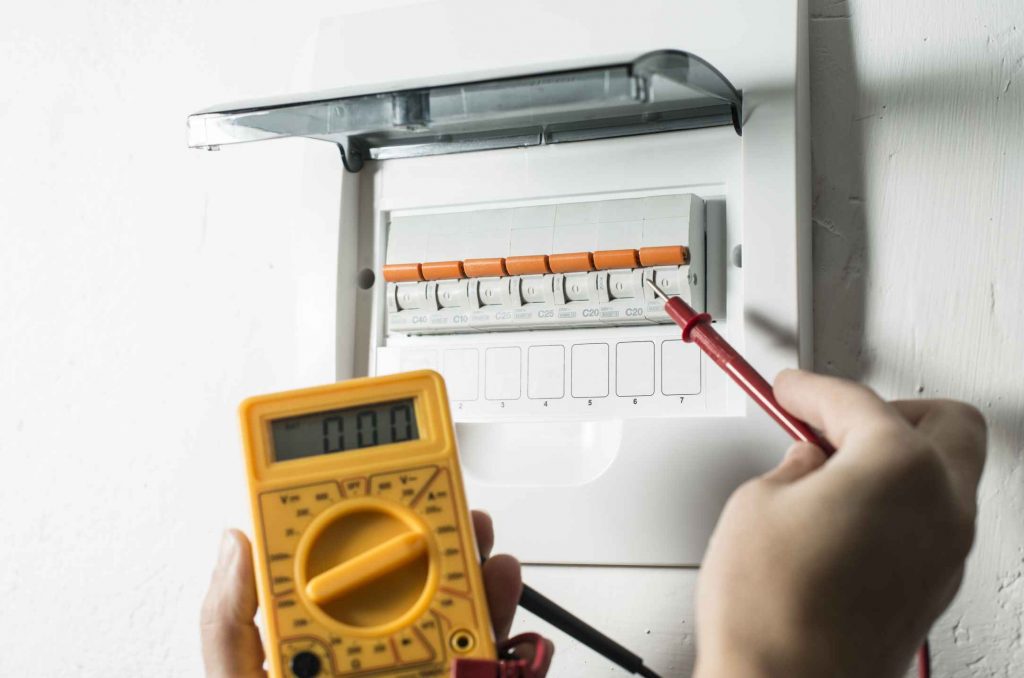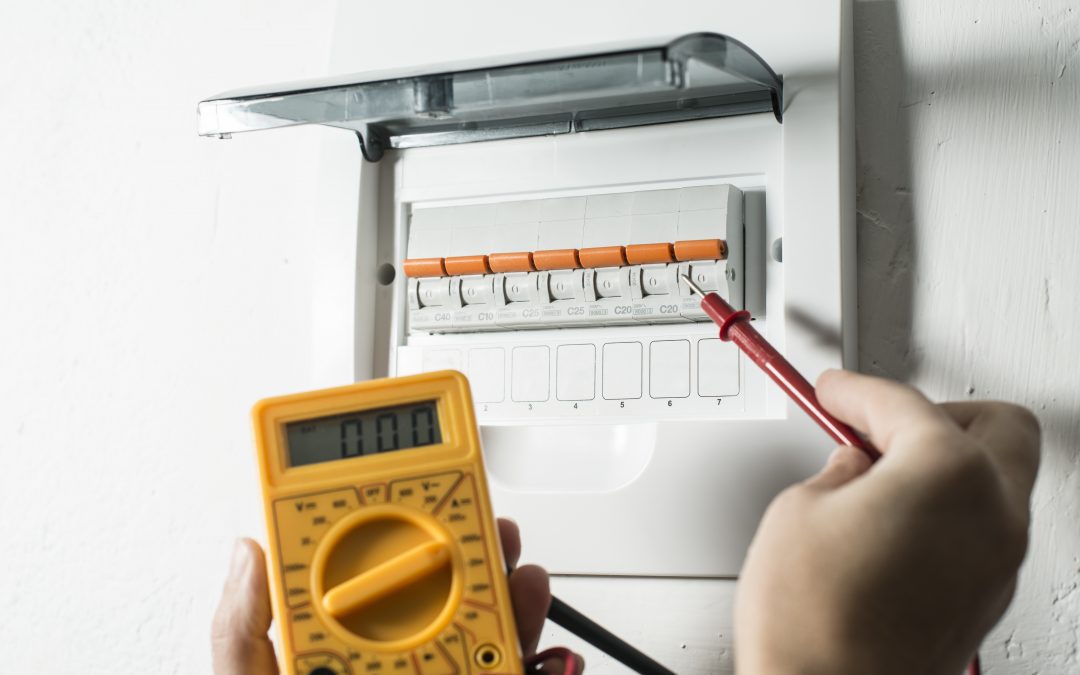
Most homeowners know where to find their electrical panel, but this is where their knowledge of the electrical system ends. Unfortunately, this leaves them at a major disadvantage when something goes wrong with the rest of the electrical system. Everyone should have some basic knowledge about how the electricity works in their home. This can give you a better understanding of what to do when something goes wrong or how to explain a problem to your electrician.
What do you actually need to know about your home electrical system? Here are just a few of the top things you should be able to rattle off about your property.
Identify the key parts of your electrical system
The first thing that you should know about your electrical system is what the parts are called. Your circuit breaker panel is the part that most people know, but they get confused about anything beyond that. Homes built after the 1960’s have circuit breakers while those built before have fuses. Both are designed to give you some safety if the outlet begins to heat up too much or becomes overloaded. Fuses must be replaced after they blow, but circuit breakers can just be flipped back into place.
You should also be able to identify your GFCI outlets (usually near sources of water such as in the kitchen) and where your meter is.
Figure out if your outlets are grounded
Not all outlets are grounded to help prevent shock. You should know whether your home has grounding wire attached to the outlet by searching for the round third hole. If your outlets have this feature, then they are considered to be grounded and are much safer for you to use. Two-pronged outlets lack this additional safety feature.
Research what type of service you have
You will need to know whether your home has 110-volt service or 220-volt service. This is particularly important when it comes to purchasing new appliances. Some will only run on a newer 220-volt system, making it much more difficult to find the perfect air conditioner or other appliance. Older homes are more likely to have 110-volt service to the entire home, but this can be upgraded by a professional electrician. You may want to consider upgrading the home in order to be compatible with modern appliances.
You may also need to research how many amps your main panel has. This determines how much electricity can flow out to the home at any given time. Older homes tend to have lower amps on their main panels that aren’t compatible with new technology. Consider upgrading to a 200-amp main panel or service if you want to run more technology than your home is currently capable of.
Knowing the basics of your home electrical system can help you to make wise decisions regarding any upcoming changes. Be sure to hire a team of qualified electricians before you move forward on your next change. At Powertec Electric, we offer all solutions for any home so we can leave you completely satisfied with the work we perform!


